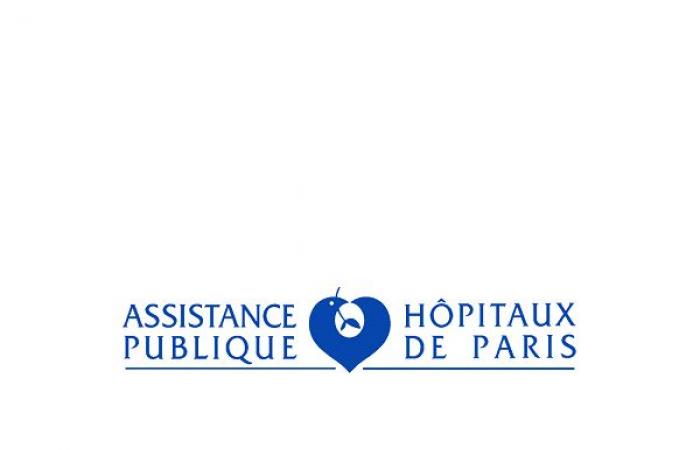Teams from the department of internal medicine and clinical immunology of the Pitié-Salpêtrière AP-HP hospital, Sorbonne University and Inserm, coordinated by Professors David Saadoun and Patrice Cacoub, carried out a study on improving treatment and the management of severe Behçet’s disease.
The results of this study were the subject of a publication published on October 22, 2024 in the journal New England Journal of Medicine Evidence.
Behçet syndrome is a chronic systemic inflammatory disease. The disease is characterized by arterial and neurological damage, as well as ophthalmological complications. Vascular damage represents the main cause of death, particularly due to arterial aneurysms (aortic or pulmonary) and Budd-Chiari syndrome (obstruction of the veins). Until now, no trial has been able to demonstrate its effectiveness and tolerance by patients.
The phase II trial, ITAC (Induction Therapy With Anti-TNFα vs Cyclophosphamide in Severe Behçet Disease) was conducted in 21 centers across France and included patients aged 12 and over. In this trial, patients suffering from Behçet’s disease with significant vascular damage or damage to their central nervous system received, in addition to the usual corticosteroid therapy, infliximab (an antibody that binds to tumor necrosis factor human) or cyclophosphamide (anticancer molecule) intravenously. The combination of corticosteroid therapy and infliximab achieved a complete response at week 22 in 81% of patients, compared to 56% of patients who received standard treatment (corticotherapy with cyclophosphamide). In addition, the risk of relapse is reduced (16% vs 4%), with also fewer side effects (30% vs 64%).
The results of this trial show the benefit of combining corticosteroid therapy with infliximab in the treatment of severe central arterial and neurological damage of the disease. These very encouraging results could indeed modify the management if there is confirmation in the longer term.
References: David Saadoun, Georgina Maalouf, Matheus Vieira, Salim Trad, Estibaliz Lazaro, Karim Sacre, Aurelie Plessier, Thomas Sené, Isabelle Koné-Paut, Nicolas Noel, Arsène Mekinian, Marc Lambert, Emmanuel Ribeiro, Tristan Mirault, Nicolas Mele, Azeddine, Azeddine Olivier Fain, Isabelle Melki, Laurent Chiche, Julien Gaudric, Alban Redheuil, Elisabeth Maillart, Amine Ghembaza, Anne-Claire Desbois, Adrien Mirouse, Fanny Domont, Gaëlle Leroux, Yasmina Ferfar, Aude Rigolet, Jean-François Viallard, Mathieu Vautier, Matthieu Rescheu, Patrice-Caub – New England Journal of Medicine Evidence.
About AP-HP: The leading hospital and university center (CHU) in Europe, the AP-HP and its 38 hospitals are organized into six hospital-university groups (AP-HP. Center – Université Paris Cité; AP-HP. Sorbonne Université; AP-HP . North – Paris Cité University; Paris-Saclay University; Seine-Saint-Denis) and revolve around five universities in the Ile-de-France region. Closely linked to major research organizations, the AP-HP has eight world-class university hospital institutes (ICM, ICAN, IMAGINE, FOReSIGHT, PROMETHEUS, lnovAND, reConnect, THEMA) and the largest health data warehouse ( EDS) French. A major player in applied research and innovation in health, AP-HP holds a portfolio of 810 active patents, its clinical researchers sign more than 11,000 each year scientific publications and nearly 4,400 research projects are currently under development, all promoters combined. In 2020, AP-HP obtained the Carnot Institute label, which rewards the quality of partnership research: Carnot@AP-HP offers industrial players solutions in applied and clinical research in the field of health. The AP-HP also created the AP-HP Foundation in 2015, which acts directly with caregivers in order to support the organization of care, hospital staff and research within the AP–HP. http://www.aphp.fr






